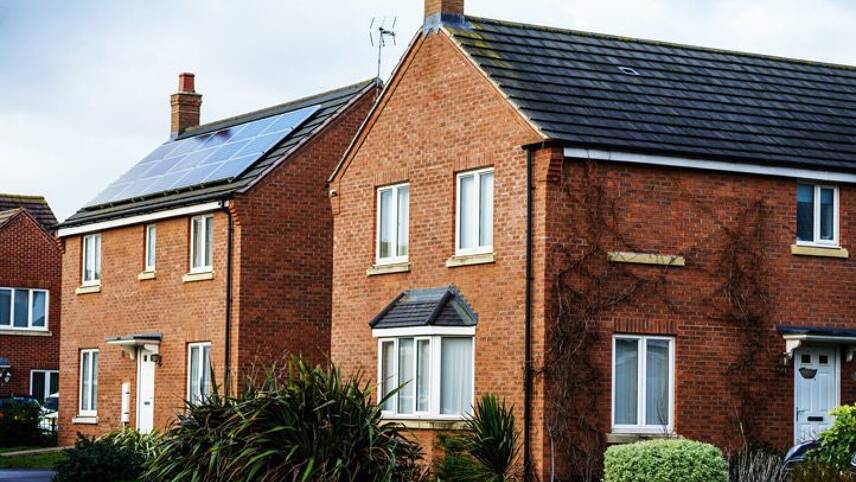Register for free and continue reading
Join our growing army of changemakers and get unlimited access to our premium content

2021 saw 730MW of solar PV capacity installed around the UK in the midst of a pandemic
Latest figures from Solar Energy UK showcase how the UK has added 730MW of new solar capacity, a 36% increase on 2020 levels, when 538MW was installed.
According to the body, some 369MW installed in 2021 was rooftop solar, the highest total since 2015 when 839MW of capacity was installed. The 2015 levels reflect the “significant” subsidies available to solar at the time.
In total, solar PV capacity in the UK now sits at 14.6GW, up 5.3% compared to 2020 levels. Solar Energy UK notes that all three solar markets – residential rooftop, commercial scale and ground-mount – are seeing stable growth without the assistance of subsidies.
Solar Energy UK Chief Executive Chris Hewett said: “2021 was the year the UK’s solar industry came of age. We are now seeing stable, sustained growth across the sector, with order books overflowing. As fossil fuel energy bills soar, rooftop solar in particular is now very popular. More and more consumers and businesses are investing in solar because they know it is a proven way to cut their energy bills and carbon emissions. It is also now a cheap way to charge EVs and decarbonise heating.”
“The UK solar industry is ready to meet the challenge of supplying this demand, and we call on the government to match the ambition of the market. Setting a deployment target of 40GW would support the industry to take long-term investment decisions and build the workforce skills that will create thousands of green jobs across the whole country.”
Gas crisis
Solar Energy UK also notes that the rooftop solar market has experienced welcome growth, in part due to households wanting to protect themselves from the current high gas prices.
Additionally, solar technologies are being viewed as a means to help decarbonising heating, which has been a notoriously sluggish sector when it comes to decarbonisation. There were nearly 67,000 solar PV and solar thermal installations accredited by the Microgeneration Certification Scheme in 2021, outperforming the number of heat pumps, which sat at around 24,000 installations.
In total, there is now more than 5GW of residential, commercial and industrial rooftop solar capacity installed in the UK.
The announcement from Solar Energy UK means that the UK is on course to double its solar capacity by 2030, but will need to treble it if the nation is to meet its net-zero target for 2050, with Solar Energy UK calling for overhauls to policy to spur the national market.
Last year, the body outlined how an additional 40GW of solar capacity can be unlocked by 2030 to keep the nation on track for its net-zero target.
Under some scenarios being explored by the Government, solar PV capacity could reach between 80-120GW of capacity. This is in alignment with the CCC’s advice, which states that 75GW-90GW of solar capacity will be required to meet net-zero, while the National Infrastructure Commission has claimed that more than 120GW will be required.
Solar Energy UK is therefore proposing a set of policy amendments that would treble solar capacity compared to current levels. An end to VAT for solar systems and continuing to make the technology available for Contracts for Difference (CfD) auctions are two such ways that the Government can spur solar deployment.
Matt Mace


Please login or Register to leave a comment.